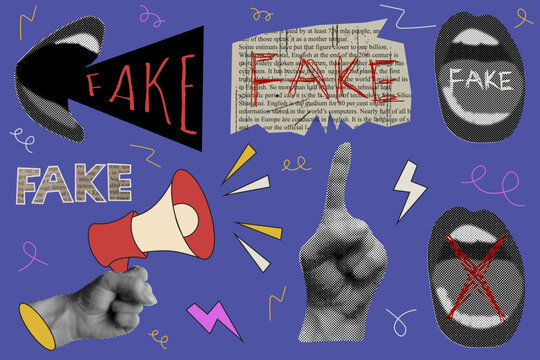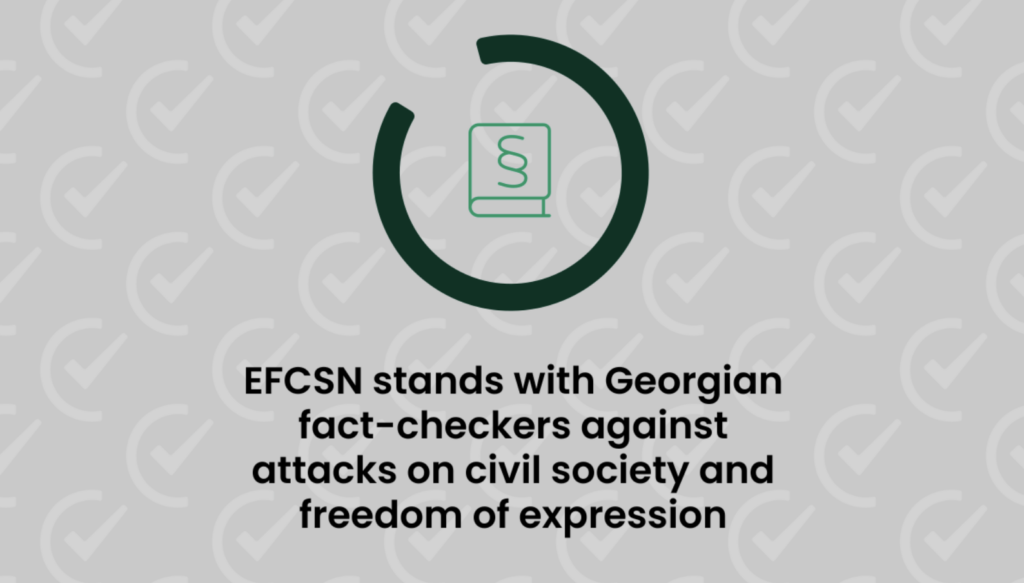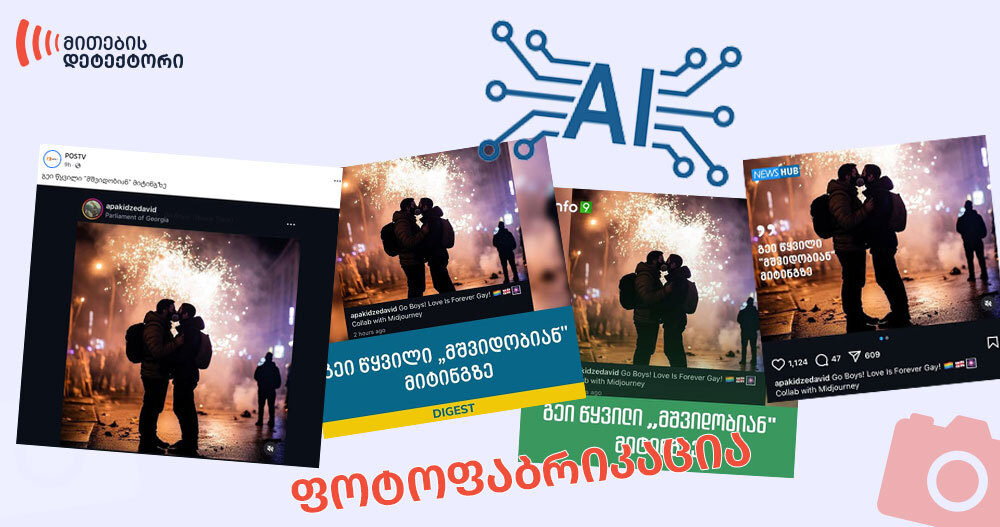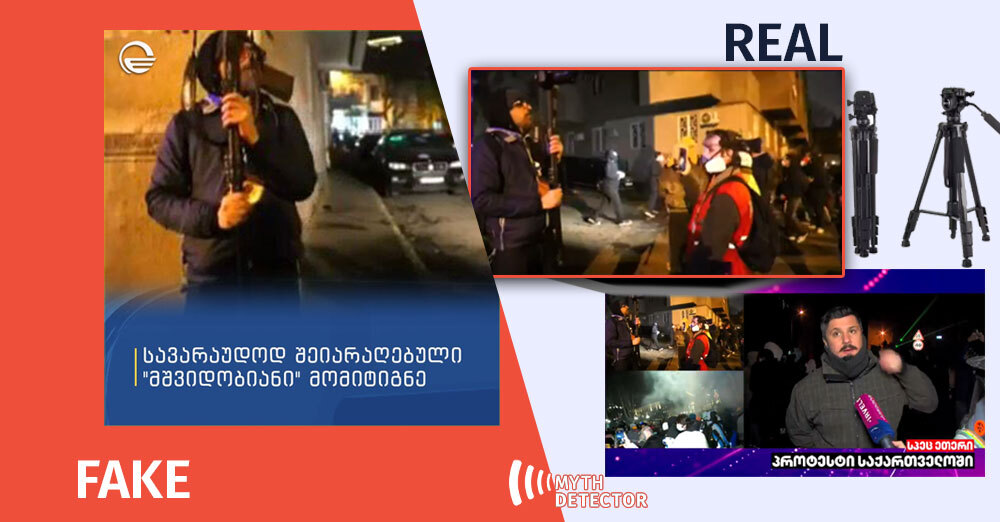In Georgia, the internet is rapidly becoming the primary information source for more people each year. As the speed and reach of online content continue to grow, preventing the spread of disinformation has become nearly impossible. Consequently, citizens are increasingly vulnerable to becoming both the targets and inadvertent propagators of widely circulated disinformation. Russia’s full-scale invasion of Ukraine has highlighted the dangers of such disinformation: the war was preceded by aggressive Russian disinformation campaigns, and during the conflict, disinformation emerged as one of Russia’s main strategies.
A 2023 study by MAC member organization Transparency International Georgia identifies Georgia as a target of Russian disinformation and hybrid warfare, including efforts in propaganda, disinformation, and sabotage aimed at destabilizing the country.
Disinformation in Georgia is dangerous on multiple fronts. Beyond lacking political will to counter disinformation, the ruling party, “Georgian Dream,” and its affiliates are actively engaged in spreading anti-Western disinformation narratives, often targeting Western democratic institutions and the non-governmental sector. One example is the propagation of conspiracy theories about a potential “second front” in Georgia and the existence of a “global war party.”
The reach of Russian disinformation in Georgia is amplified through narratives shared in the Georgian language by political parties, politicians, civil society organizations, media outlets, far-right groups, religious figures, and fake social media accounts.
Among MAC member organizations, the Media Development Foundation and Fair Elections are especially active in researching and countering disinformation. These organizations analyze coordinated inauthentic behavior on social networks to detect organized disinformation campaigns. Over the years, their efforts have led to the blocking of hundreds of fake accounts spreading disinformation on social media.
The Media Development Foundation, through its fact-checking efforts and dissemination of factual information, promotes media literacy and critical thinking in society, which are widely recognized as effective mechanisms for reducing the impact of disinformation.



